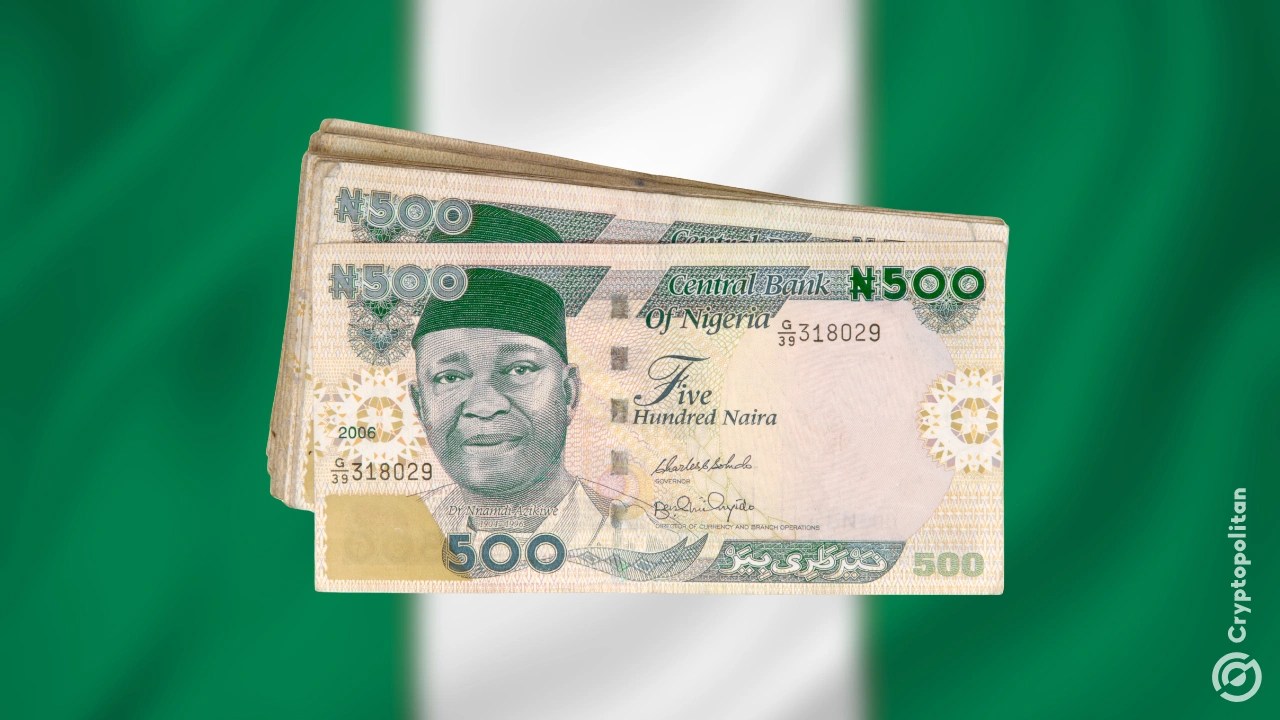FILE – President of the International Paralympic Committee Andrew Parsons passes the Paralympic flag to Mayor of Los Angeles Karen Bass, not in photo, after receiving it from Mayor of Paris Anne Hidalgo, not in photo, during the closing ceremony of the 2024 Paralympics, Sunday, Sept. 8, 2024, in Paris, France. (AP Photo/Michel Euler, File)
Copyright 2024 The Associated Press. All rights reserved
On September 27, the International Paralympic Committee convened in South Korea for its General Assembly. During the gathering, IPC member organizations voted to lift a ban on Russian and Belarusian athletes, thus reinstating them fully into IPC competitions. The decision means that Russian and Belarusian athletes will now be able to fully represent their respective countries at future competitions, where they will display banners and flags rather than competing as neutral athletes.
When Russia’s full-scale invasion of Ukraine began in February 2022, the international community came together to punish Russia. Belarus, which has aided the Russian Federation throughout the war, was also subjected to international penalties. Countries across North America, Europe, Asia, and Oceania imposed sanctions on Russian banks, businesses, government officials, and oligarchs.
The international community also targeted sports in Russia and Belarus. For example, FIFA and the Union of European Football Associations banned the Russian men’s and women’s national soccer teams and soccer clubs from participating in FIFA and UEFA competitions. Meanwhile, Belarus would not be allowed to play soccer games in Belarus while participating in FIFA and UEFA competitions.
Similarly, the International Ice Hockey Federation and World Rugby banned all Russian and Belarusian national teams and clubs from their events. These sporting organizations also stated that Russia and Belarus could not host their sporting events.
Other sports organizations imposed penalties on the Russian Federation and Belarus, but to a lesser extent. For example, the International Olympic Committee suspended the Russian Olympic Committee. The IOC and IPC also implemented a partial ban on Russian and Belarusian athletes, stating that they could compete as neutral athletes rather than as representatives from their respective countries. Additionally, these organizations stated that Russian and Belarusian athletes who actively support the war in Ukraine cannot participate in IOC and IPC events. The International Tennis Federation, International Chess Federation, and International Cycling Union adopted a similar approach to that of the IOC and the IPC.
The penalties on the Russian and Belarusian sporting communities have been costly. Both countries have lost sponsorships, resulting in millions of dollars in lost revenue. The removal from various sports competitions has further contributed to financial losses for both countries.
Despite these events, the Russian invasion of Ukraine continues. The Belarusian government has also resumed its involvement in supporting Russia in the war. In other words, international sanctions on Russian and Belarusian companies and government entities, as well as removal from numerous international sports competitions, have not swayed the opinions of the Russian and Belarusian governments.
This has forced some international sports organizations to reevaluate their relationship with Russia and Belarus. As the Russian invasion of Ukraine continues, some sporting bodies have decided to ease their punishments on Russia and Belarus. For example, after implementing punishments on the Russian Federation and Belarus when the war began in 2022, the International Gymnastics Federation lifted its ban in 2024. The organization argued that Russian and Belarusian athletes should not be punished for the actions of their governments.
The decision by the IGF was criticized by the Ukrainian Gymnastics Federation as well as the European Gymnastics Federation, which voted not to comply with the IGF. This sparked controversy within the international gymnastics community.
But the IPC’s decision to fully reinstate Russia and Belarus into its competition has become even more controversial. Following the IPC’s announcement on September 27, several Ukrainian government officials condemned the news. The Ukrainian Foreign Ministry said that the IPC’s decision was “shameful” and that the decision to fully reinstate Russia and Belarus risked normalizing the war in Ukraine. The Ukrainians also stated that they would consider boycotting the 2026 Winter Paralympic Games.
Elsewhere in Europe, Daiga Dadzīte, the President of the Latvian Paralympic Committee, said the announcement was “bad news.” Meanwhile, Dr. Karl Quade, the German Paralympic Committee’s Vice President said that Germany could not “understand or accept [the IPC’s] decision.” Quade added that “nothing has changed” in Russia’s behavior that would warrant an alteration in their status by the IPC. Representatives from the Nordic countries shared a similar opinion. Finally, a spokesperson from the government of the United Kingdom said that “there should be no Russian or Belarusian state representation in international sport while the war against Ukraine continues.”
As these Europeans condemned the IPC, the Russian Paralympic Committee said the announcement made by the IPC was a “fair decision.” Furthermore, Russian Sports Minister Mikhail Degtarev stated that he hoped the actions taken by the IPC would encourage the IOC and other international sports federations to take a similar approach. The statements made by Degtarev occurred on the same day as when the Russian Federation launched a 12-hour aerial bombardment on Ukraine, where at least 70 Ukrainian civilians were injured.
Now, as European countries debate the IPC’s decision to lift a ban on Russia and Belarus, international observers will anxiously await to see if other sports organizations will follow the IPC’s lead. It remains to be seen if various sporting committees will continue to uphold their ban on Russia and Belarus, or if the IPC has established a new precedent toward the sports community in Russia and Belarus.
Source: https://www.forbes.com/sites/marktemnycky/2025/10/01/paralympics-committee-lifts-russia-and-belarus-ban-despite-ongoing-war/


